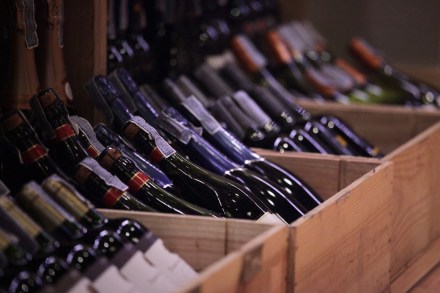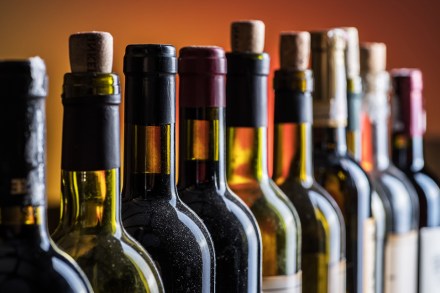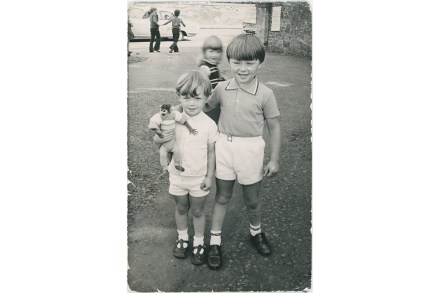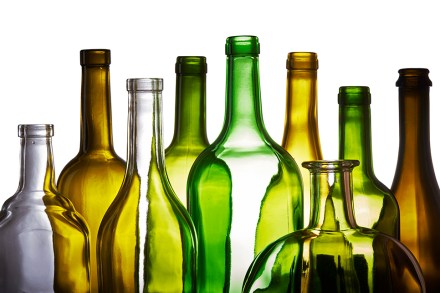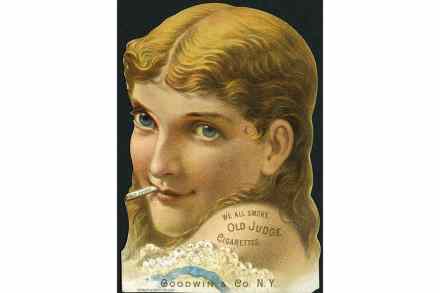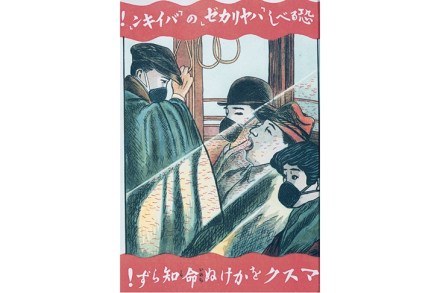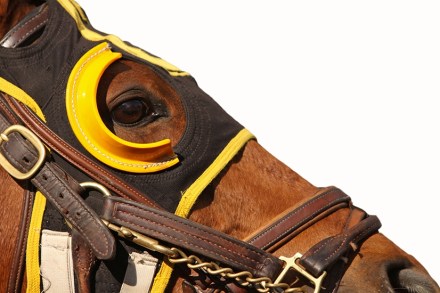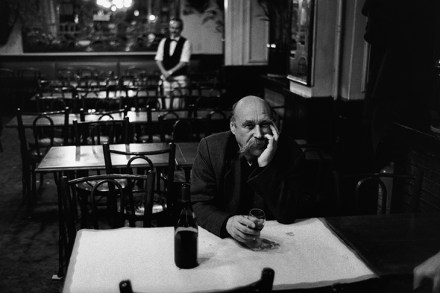A fitting overture to Holy Week
Holy Week, but not everywhere. After reading that the diocese of Birmingham wanted to hire staff to help with deconstructing whiteness, only one conclusion is possible. Large parts of the C of E have become a theological and liturgical wilderness. The Devil is in charge and it is unholy week, 52 weeks a year. Anglican friends assure me that this is overdoing the pessimism. There are sound clerics – even the occasional sound bishop – and in some areas, traditions survive. Certainly Sherborne Abbey has just put on a superb Palm Sunday, and the procession included a donkey, the sweetest-natured of animals and a perpetual outlet for sentimentality. It is a delight to
